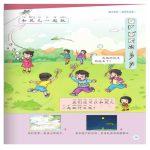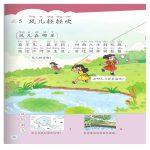As a further diffracting gesture, this chapter turns to ancient Chinese ethico-onto-epistemologies, i.e., a correlative qi cosmology and a human-nature harmonization thesis, for ways of being, thinking, and living that conceptually resonate with current post-qualitative, post-humanist, and new materialism literature. Such ancient wisdom is being re-invoked through a Daoist “co-being with” thesis in China’s 21st-century moral-and-life education. How can we teach and do research on “Daoist co-being with” along a post-qualitative way? Instead of providing a set of answers, this chapter shares and compares my two research paradigms on the topic of “playing with the wind”. First, I use a discourse approach to scrutinize the ways in which a humanist pedagogy, still subjugated to the instrumental Tyler Rationale and an anthropocentric subject vs. object disordering, fails to relate itself to the Daoist co-being with. Second and against this critique, I proffer my meditation experience with wind as a possible post-qualitative research paradigm that follows the Chinese qi cosmology and human-nature harmonization thesis. My “wind” activity provides new implications for both teaching and researching Daoist co-being with along a post-qualitative and post-humanist lens.
Author(s)
Weili Zhao

